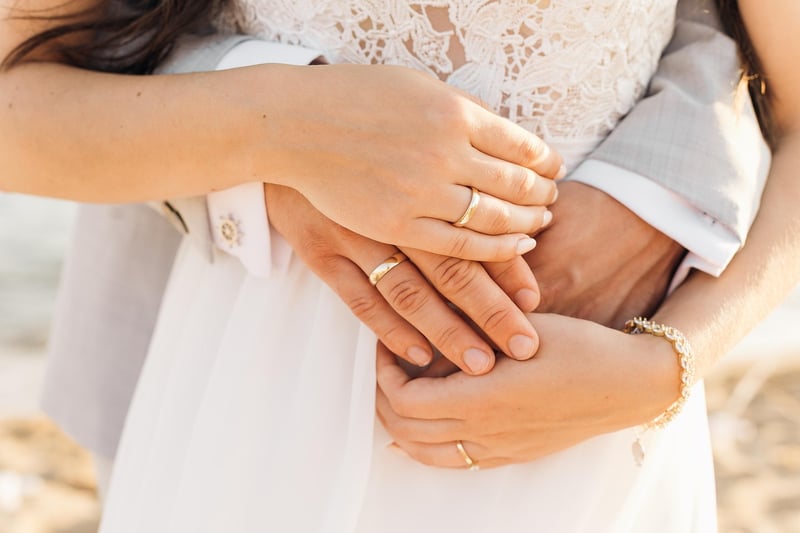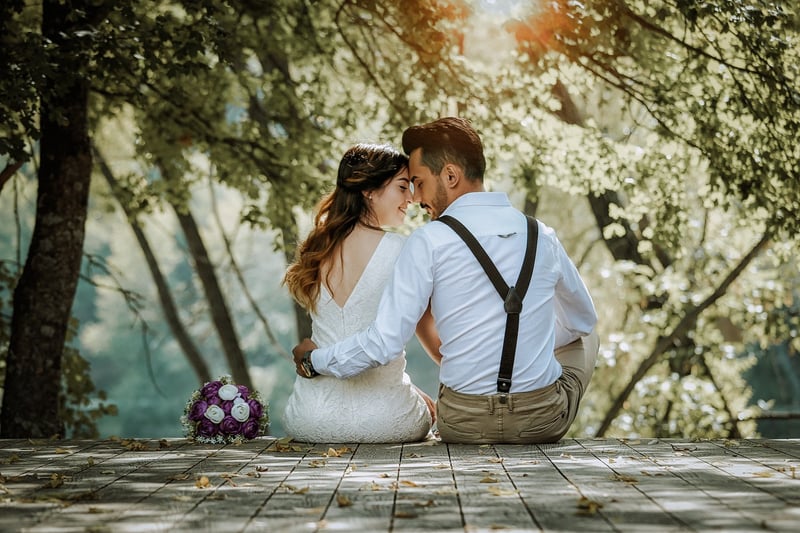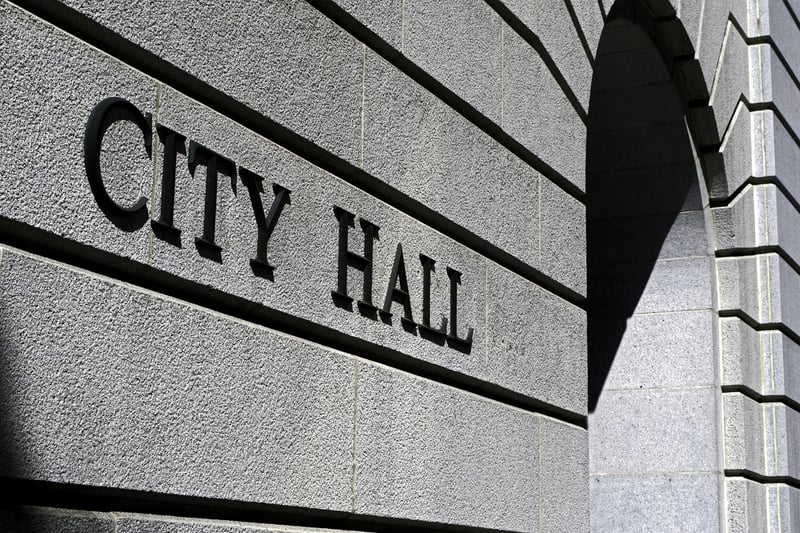Officiant Services
Understanding Legalities for Your Wedding + Officiant Services
Congratulations on your upcoming wedding! Planning your special day involves many details, including understanding the legal aspects and the role of an officiant. Let's dive into the essential information to ensure your ceremony is not only beautiful but also legally binding.
Legal Requirements for a Wedding
Before exchanging vows, it's crucial to familiarize yourself with the legal requirements for marriage in your jurisdiction. Here are some common aspects to consider:
- Obtaining a marriage license: Most states and countries require couples to obtain a marriage license before the wedding. The process may involve specific documents, fees, and waiting periods.
- Legal age: Ensure both partners meet the legal age requirement for marriage in your location.
- Witnesses: Some jurisdictions mandate having witnesses present during the ceremony to validate the marriage.
- Registration: After the wedding, the officiant or couple must register the marriage with the appropriate authorities to make it official.
Role of an Officiant
An officiant plays a significant role in your wedding ceremony. They are responsible for leading the proceedings, guiding the couple through their vows, and ultimately pronouncing them married. Here are some key points about officiants:
- Types of officiants: You can choose a religious leader, judge, justice of the peace, or even a friend or family member to officiate your wedding, depending on your preferences.
- Legal authority: The officiant must be legally recognized to solemnize marriages in your jurisdiction. Ensure they have the necessary credentials or are registered with the relevant authorities.
- Customization: Work closely with your officiant to personalize the ceremony, including readings, vows, and any rituals or traditions you wish to include.
Conclusion
By understanding the legalities surrounding your wedding and selecting the right officiant, you can ensure that your special day is not only memorable but also legally binding. Remember to research the specific requirements in your area and communicate openly with your officiant to create a ceremony that reflects your love and commitment.
For more information on wedding legalities and officiant services, consult with local authorities or professional wedding planners to navigate the process smoothly.



